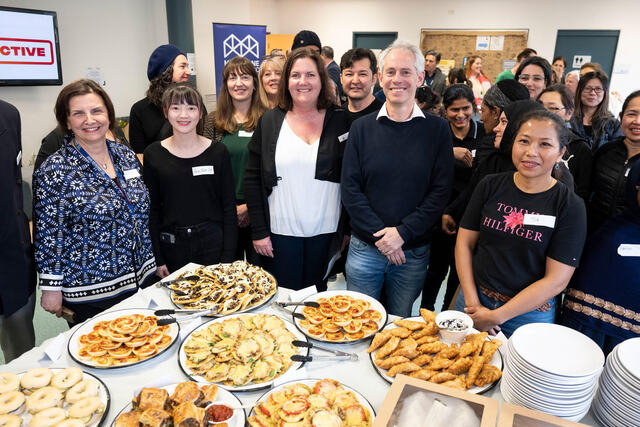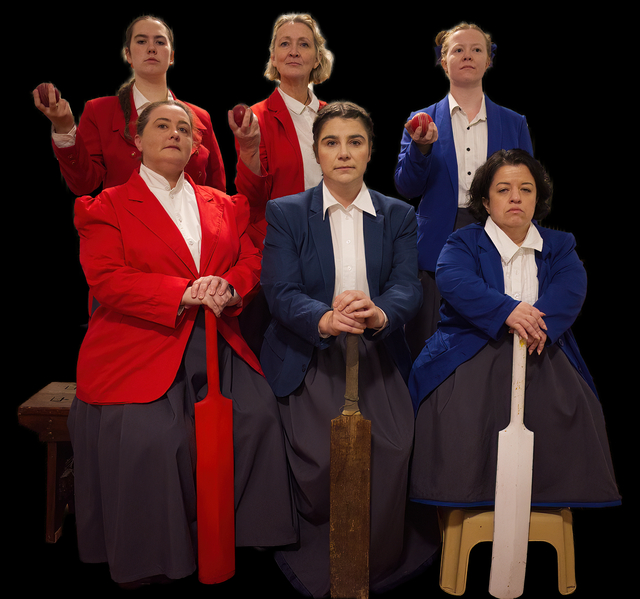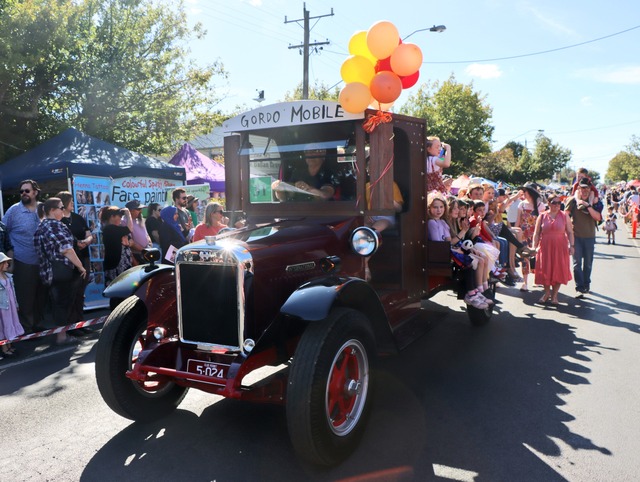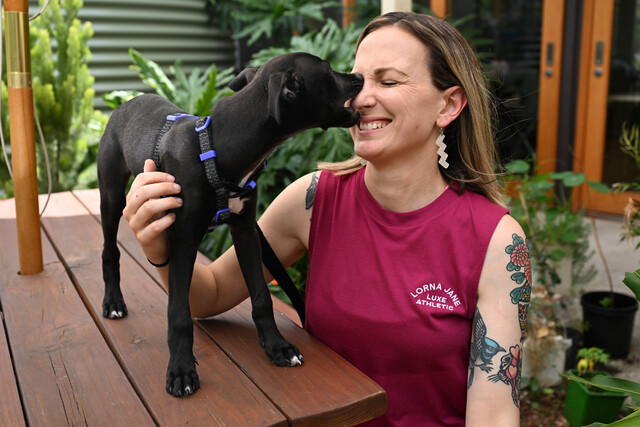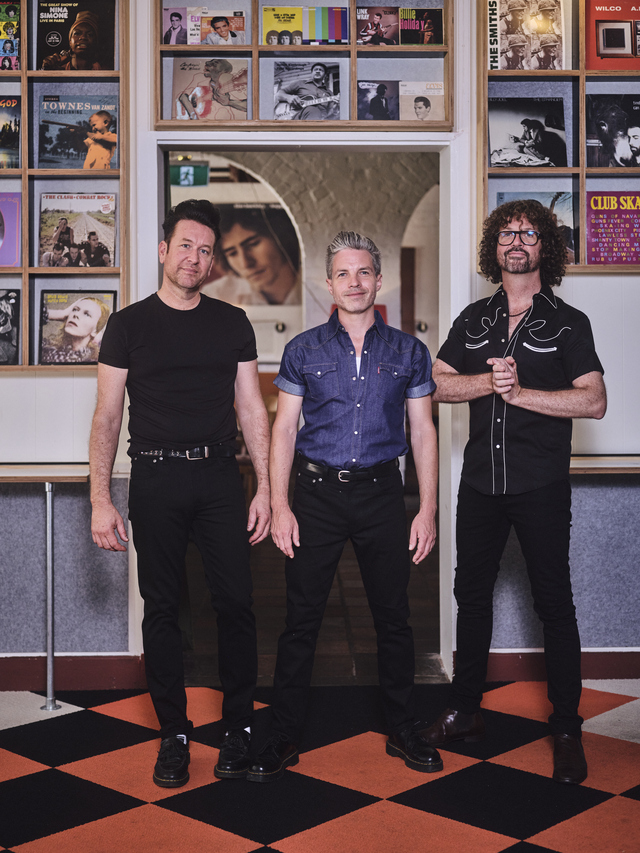A catering and cafe social enterprise has launched in Whittlesea in a bid to tackle unemployment.
Whittlesea Community Connections (WCC) and Melbourne Polytechnic launched their Food Collective Catering and Cafe social enterprise in Epping on September 13.
The social enterprise aims to create a more equitable food system, by supporting households experiencing financial hardship, strengthening community connections, improving health and wellbeing, and increasing training and employment opportunities through community based food production and distribution.
The social enterprise provides about 20 people per term with on-the-job hospitality training.
Whittlesea Community Connection chief executive Alex Haynes said the social enterprise was designed to address barriers for young people and people from migrant and refugee backgrounds in Whittlesea through creating a meaningful employment pathway into the hospitality industry.
“The Food Collective Cafe and catering activity builds the confidence and skills of young people and people with refugee backgrounds so they can create a brighter future for themselves,” she said.
“By visiting the cafe and ordering our catering, anyone can help us create more opportunities for our community.”
Whittlesea Community Connections Food Collective Cafe co-ordinator Jennifer Shaw said the organisation conducted extensive research into the demographics of the cafe’s customers to ensure it was meeting their dietary needs.
“The most important take away was that it needed to be a mostly halal offering, with plenty of vegetarian and vegan options,” she said.
“We have taken on all this feedback but we also have to consider that most students and other customers can’t afford a high price point.
“Our menu has been very well received, especially the manakeesh and the home baked goods, daily soup and freshly made wraps. As we continue to grow we will continue to diversify, we are excited to test out all types of cuisines.
“We also enjoy having our trainee’s add their specialities to the menu, for example we have Tik, who has taught us how to make the best spring rolls.”
Ms Shaw said she expected to see a rapid increase in catering orders following the official launch.
“It was great to see everyone loving all the handmade food that we put so much effort into,” she said.
“The highlight was definitely seeing the pride on the faces of all our trainees who also graduated that day. Taking photos of the food they had made, the camaraderie between them as a group, their willingness to help on the day and their excitement to be a part of it.
“They also told us how much they had loved the training and being in the kitchen with us, many of them genuinely sad to be leaving and hopeful of gaining some additional work with us in the future. It was very rewarding and heart-warming.”
Ms Shaw said the biggest challenge encountered by the social enterprise was participants’ language barriers.
“I can only imagine how intimidating it must be to come and work in a completely foreign environment with sometimes very little English. We are lucky to have two Arab speaking people in the kitchen team, to help in those moments when we just can’t understand, as well as their cultural understanding which is very comforting to them.
“Many also have restrictions with visas, child care, transport etc. It’s all about setting expectations, mentoring and offering as much support in all these different areas as we can. Luckily WCC can offer additional support in many of these areas should it be required.
“Our focus isn’t to teach our participants how to be baristas or chefs, but to improve their confidence, language skills in an Australian hospitality environment and to show them that working in hospitality need not be intimidating and that it can be fun.”

